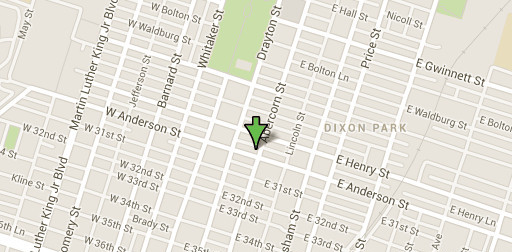There are many reasons why TMJ can develop, and that’s part of the reason why people can develop TMJ at any age.
Children and Teens: Growing into TMJ
Many cases of TMJ are related to developmental factors. We are all at risk for TMJ because our teeth and jaws have changed dramatically with adaptations for speech and the recent move toward cooked and processed foods. In addition, respiratory illness as a child can interfere with airway development and lead to poorly fitting teeth that cause jaw problems.
These problems typically become obvious when the jaw reaches full size, either in the late teens or early 20s, often about the time that orthodontic treatment is performed, which is why many people attributed their TMJ to orthodontic treatment, but the evidence doesn’t support such a connection. In addition, other factors such as stress and activities like sports or cheerleading can contribute to TMJ. Even teenage gum chewing can contribute to TMJ.
Adults: Stress and Trauma
There are many ways that the essential components of the TMJ system can become imbalanced.
Adults often develop TMJ as a result of stress-related tooth grinding or chewing of nonfood items. As the pressures of adult life build up, many people grind their teeth down. This can put the jaw out of its optimal position, resulting in displacement of the cushioning disk and stress on the structures of the jaw. The pressure of grinding also contributes to disk displacement and damage.
There are also many risks of adulthood that can lead to TMJ. One of these is car accidents. Even if you don’t hit your jaw on anything, the whiplash caused by the rapid deceleration of your head can lead to displacement of the jaw disk.
As We Age: Wear and Replacement
Some causes of TMJ increase in severity as we age. If our teeth were initially in good alignment, wear of teeth can change the relationship between them. The result can be that the jaw is no longer in proper position, leading to TMJ.
But restorations can be just as problematic as worn teeth. If you have poorly fitting restorations, they might not let your jaw come together properly. Dentures are especially likely to cause bite problems. Many dentists don’t know how to approach dentures with a neuromuscular perspective, so they make dentures that don’t reproduce your natural bite. The result can be an uncomfortable and ineffective bite, with problems like jaw or neck pain, headaches, and more.
Treatment at Any Age
The good news is that no matter when you develop TMJ, there are treatments that can resolve many of the symptoms.
To learn how we can address your TMJ in Hilton Head, please call (843) 706-2999 for an appointment with a TMJ dentist at Beyond Exceptional Dentistry.




